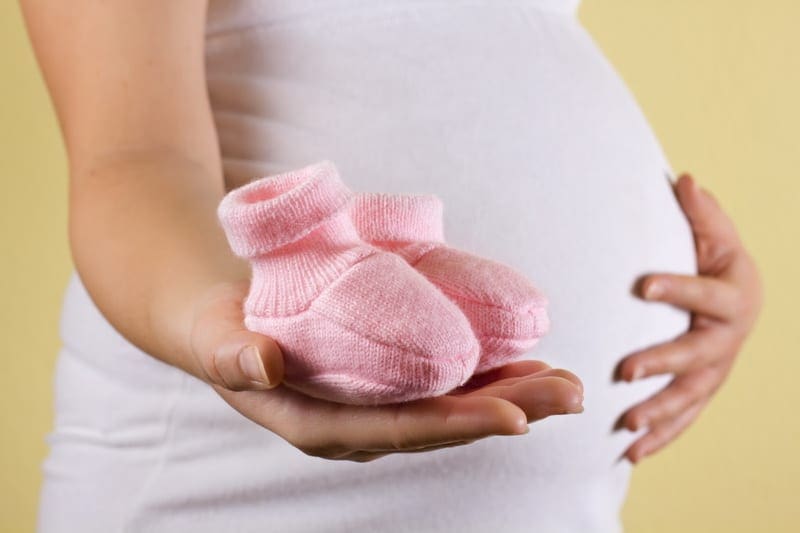Making the decision to have a baby is a big one, and one that shouldn’t be taken lightly. Before starting a family, it’s important to consider things like finances and stability, and to make sure both partners are on the same page about wanting and being ready for parenthood. If both partners feel they are ready to take on the journey of parenthood together, then they can begin planning for a pregnancy.
Couples who are emotionally and mentally ready for a new family member have a higher chance of a successful pregnancy and birth. Preparing mentally and emotionally can reduce stress and anxiety, making the birthing process smoother for women.
The Normal Physiology of the Female Reproductive System
A woman’s body is designed to carry a fetus when she reaches a certain age. This is usually signaled by the first menarche, or menstrual period. The release of a mature egg by the ovaries indicates that the uterus is strong and mature enough to hold and nourish the placenta, which is the powerhouse for the developing fetus.
The pelvis is a large bone that supports the spine and the intestines. The pelvis of a woman is different from that of a male. The male usually has an adenoid pelvis that is usually narrow. Women have a gynecoid pelvis, which is the most essential type of pelvic form to be able to house and facilitate the birthing process of the baby. The female pelvis is shallower, broader, and has a larger diameter than the male pelvis.
There are two primary female hormones: estrogen and progesterone. Not only do these hormones play a role in giving women their characteristic female features, but they are also necessary for pregnancy. Estrogen is responsible for the development of the female reproductive organs and secondary sex characteristics, such as breasts and hips. Progesterone, on the other hand, prepares the body for pregnancy by thickening the lining of the uterus.
The common signs and symptoms of PMS are often mistaken for those of pregnancy. These include the following:
-Missed period
-Fatigue
-Breast tenderness
-Bloating
-Mood swings
-Food cravings
-Headaches
-Constipation or diarrhea
There are a few key signs and symptoms that are usually associated with PMS, but can also be indicative of early pregnancy. These are referred to as presumptive signs, meaning they may suggest pregnancy even before more conclusive tests can be done. If a woman experiences one or more of these symptoms, she should follow up with a healthcare provider to confirm whether or not she is pregnant.
The POSITIVE Signs and Symptoms of Pregnancy
-Absence of menstruation
-Positive Urine pregnancy test
-Increase in progesterone level
-Positive for fetal heart beat through Ultrasound
-Chadwicks sign
-Ballotement
When a woman finds out she’s pregnant, she should seek medical consultation from her obstetrician gynecologist. Hereon she will have monthly and weekly checkups to monitor her pregnancy for the next 9 months. Finding the right ob-gynecologist can be difficult for women. However, it is important to find a doctor with whom you feel comfortable and can openly discuss specific concerns.











